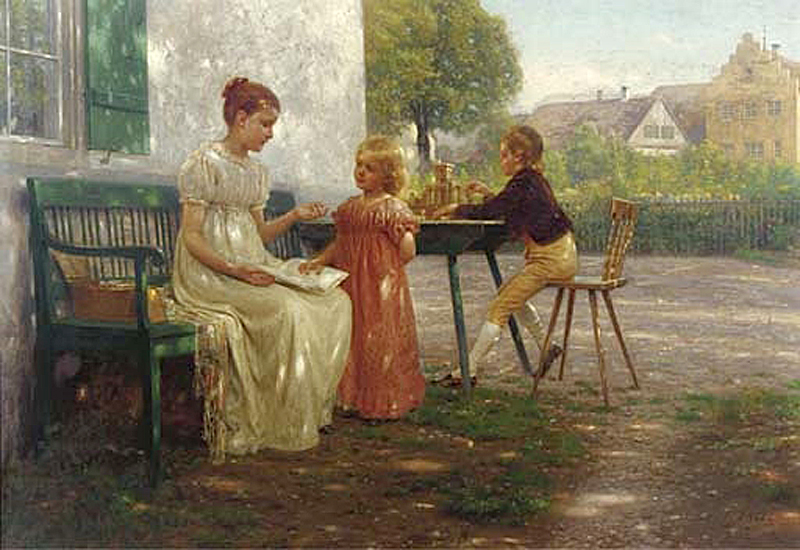“Every performance is a premiere.” These words of wisdom came from our SMU orchestra conductor David Milnes, now conductor at UC Berkeley. He was responding to an interviewer’s question as to whether it was tedious year after year to teach the core repertoire that music majors must master? Put another way, did Milnes ever tire of conducting yet another Beethoven’s 5th?
“Absolutely not,” he smiled.” For students, every performance is a premiere.” While some players may have performed such works in high school, the majority were experiencing their first chances to play significant repertoire by composers like Beethoven, Brahms, Mahler, and Shostakovich. In fact, he said, his undergrads were not so different from the players who initially presented these works to the public.
What if “every performance is a premiere” became our guiding principle as we assemble materials and embrace another new semester? We may know the masterworks we teach, but each note is new to our students. Gaining fluency in any endeavor is similar to practicing and performing a new composition, whether the task involves holding a pencil correctly or sorting out genitive and dative prepositions. Every achievement can be viewed as a gala premiere.

A premiere, or doing anything worthwhile for the first time, brings with it an element of wonder. Wonder is bound up with learning at every stage. Yet the power of wonder often is neglected in pedagogical explanations.
The desire to create wonder drives the composer and the painter. Describing wonder has kept poets busy through the ages. And the experience of wonder can vary greatly, from absorbing beauty to grappling with the intricacies of mathematical or intellectual structures.
In short, wonder aids both provider and recipient in the process of learning. Wonder also helps us counter the inevitable frustrations as we struggle to learn something new, from math facts to the process of hanging wallpaper.
Maybe figuring out something like the minutiae of office protocol in a new job does not immediately bring the idea of “wonder” to mind, yet it should. Think what happens when we master anything and can do it effortlessly. We can craft it, dance it, or play it.
Children remind us daily about wonder. I just shared my grandson’s realization that he now is tall enough to see over the top of the toaster and, hence, with the right implements, can safely handle making his own toast. Is that not something wonderful? How is it less powerful than a cellist’s relief that the passages in a Mahler symphony finally lie under his fingers and are sealed in his heart, mind, and ear?
Mastery is an awkward process. It is usually slow to the point of being lugubrious (one of my favorite adjectives). But keep this in mind: a tornado will clean off a messy patio instantly. But is that the best method of achieving the results we want?
In the new year of 2020, I hope to focus more on fostering wonder both in my own learning and my teaching. I want every day to have bright moments of wonder. I would like my students to have increased opportunities to sense not just their accomplishments in a given subject, but the joy, the sound, and color of wonder. Let every step they take feel more like the premiere it really is.



